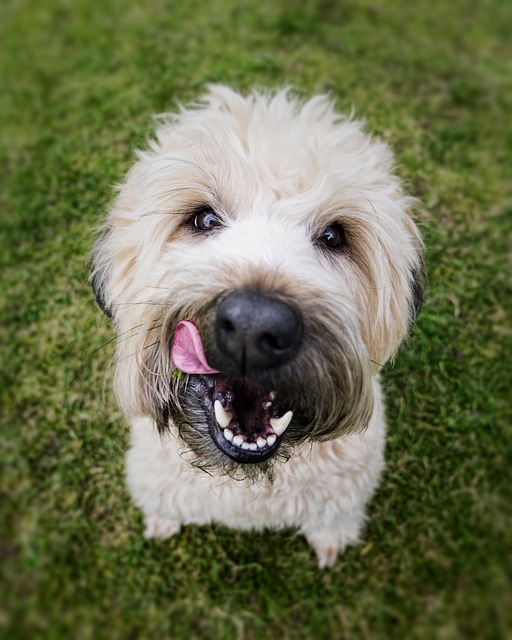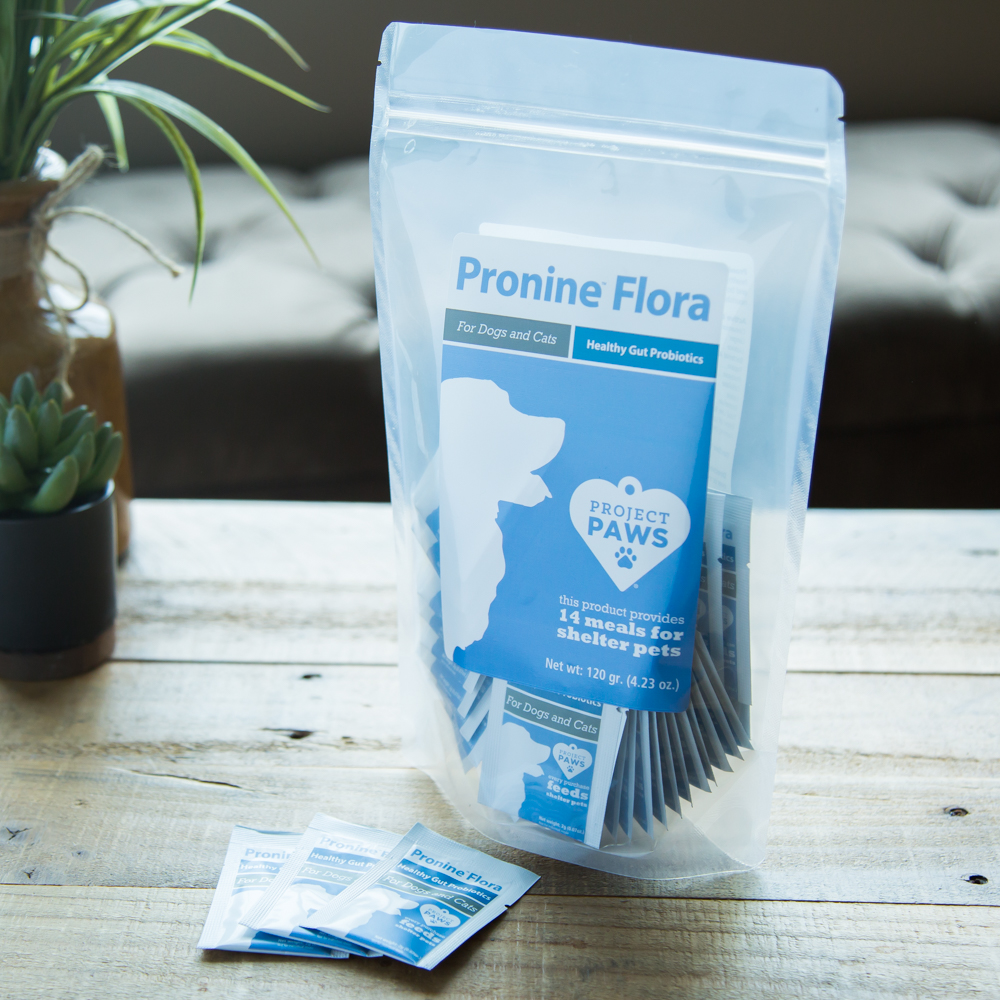Believe it or not, coprophagia (eating poop) is considered a “natural” behavior in dogs. But natural does not always mean healthy! Dogs that regularly ingest the waste of other animals are at higher risk for intestinal parasites and infectious diseases.
This behavior could also indicate an existing medical problem such as a lack of adequate digestive enzymes and intestinal microflora.

Many owners trust that commercial pet foods provide all the nutrients their dogs need for proper digestion and overall health. Unfortunately, this may not be the case. Even some of the top brands can be full of carbohydrate-rich fillers and low on essential macronutrients.
In addition to evolutionary factors, scientists believe that dogs may ingest feces in an attempt to take in the missing nutrients their bodies crave. They may also be looking for help processing the carb-saturated food their bellies simply aren’t made to digest.

Dogs’ sensitive digestive systems are easily set off balance by an inadequate diet. This disregulation can lead to an imbalance in the healthy and unhealthy bacterial microflora within the gut resulting in gas, bloating, discomfort, and even a weakened immune system.

Luckily, there is a simple way to help! Probiotics are beneficial microorganisms that stimulate the growth of healthy bacteria within the gut. Introducing them into your dog’s diet helps to reestablish digestive balance as well as overall wellness and vitality.
Probiotics can be found naturally in foods like yogurt, kefir, raw buttermilk, and certain soft cheeses, or given in supplement form. Like most supplements for dogs, there are countless products on the market that claim to rebalance bacterial flora and promote digestive health. But not all probiotics are created equal.
RELATED: Which probiotic formula does iHeartDogs.com Recommend?

A high quality pet probiotic should:
- Identify the specific bacterial species and indicate the strain, such as Lactobacillus acidophilus
- List the number of viable bacteria (known as colony-forming units or CFU) in millions or billions per gram
- Contain additional ingredients to promote and support overall colon and bowel health
- Be flavored to appeal to pets
- Offer a money-back guarantee to ensure the product does what it promises
With a well-rounded diet and a probiotic to restore digestive health, stomach-turning coprophagia could be a thing of the past for your pup!
These statements have not been evaluated by the Food and Drug Administration. This product is not intended to diagnose, treat, cure, or prevent any disease. The information on this website is not intended to replace a one-on-one relationship with a qualified healthcare professional.

